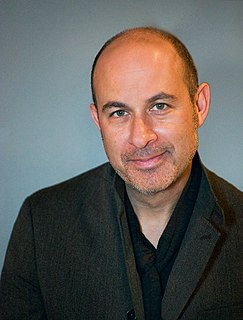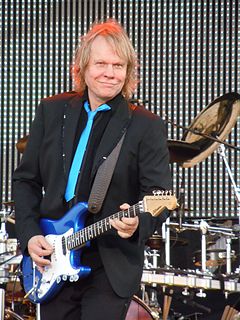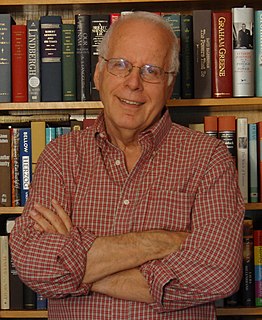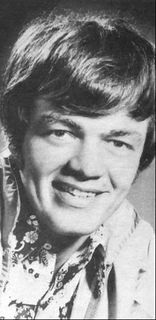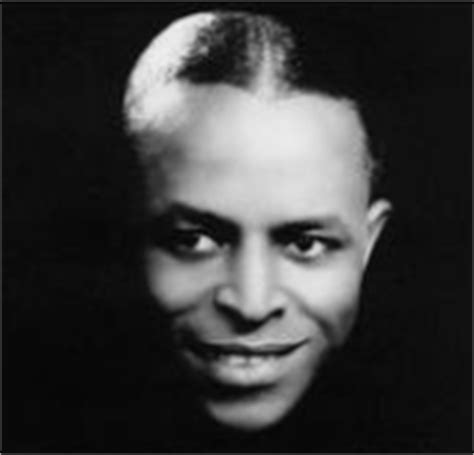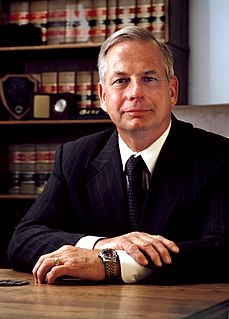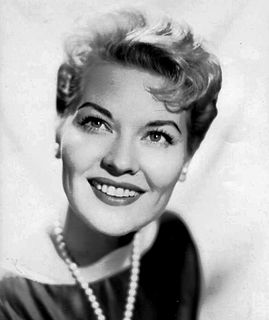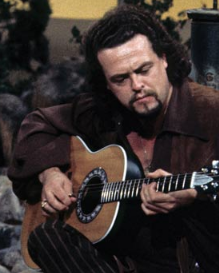A Quote by Eddie Rabbitt
When I was growing up, there were pop stations, rock 'n' roll stations and the rare country station.
Related Quotes
No matter what though, there's always rock & roll. There's rock 'n' roll in hip-hop, there's rock & roll in pop music, there's rock 'n' roll in soul, there's rock 'n' roll in country. When you see people dress and their style has an edge to it, that rebellious edge that bubbles up in every genre, that's rock & roll. Everybody still wants to be a rock star.
There's rock n' roll in hip-hop, there's rock n' roll in pop music, there's rock n' roll in soul, there's rock n' roll in country. When you see people dress, and their style has an edge to it, that rebellious edge that bubbles up in every genre, that's rock n' roll. Everybody still wants to be a rock star, you know?
America was the funder of petro-dictatorships. We treated all these countries as basically big, large gas stations: Libya station, Iraq station, Iran station, Egypt station, Syria station, and all we asked of them were three things: Keep your palms open, your prices low and don't bother Israel too much, and you can do whatever you want to your own people.
Up north, you could find these radio stations with no name on the dials that played pre-rock 'n' roll things - country blues. We would hear Slim Harpo or Lightnin' Slim and gospel groups, the Dixie Hummingbirds, the Five Blind Boys of Alabama. I was so far north, I didn't even know where Alabama was.

